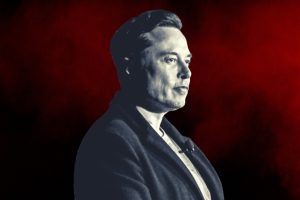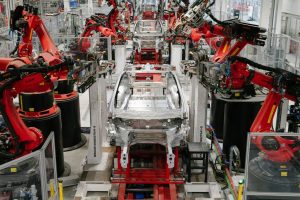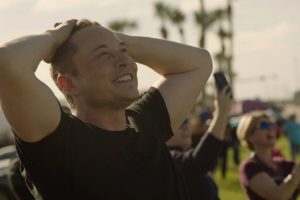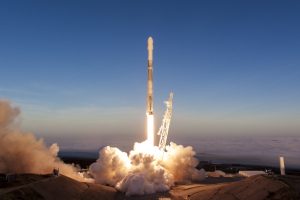CEO Elon Musk reiterated that SpaceX is still targeting a big rocket reuse goal that he initially set a few years ago for the company and announced that his Falcon rockets will eventually rise far beyond it.
Musk has been talking publicly about reusable rockets for well over a decade but the first hard numbers linked to real hardware came with the debut of the May 2018 upgrade to Falcon 9’s Block 5. Musk has famously disclosed in a conference call with reporters that the Block 5 upgrade introduced design improvements that would potentially enable SpaceX to reuse Falcon orbital-class boosters at least 10 times each. With routine repairs and component replacements every ten or so launches, an upper bound of 100+ flights per booster will be probable too.
Since the launch debut of the upgrade on May 11, 2018, 37 launches have been performed by Falcon 9 and Heavy Block 5 rockets – all successful – with only one in-flight anomaly, a March 2020 engine failure that prevented booster recovery but did not prevent mission success. Despite the exception of three perfect Falcon Heavy flights, 11 boosters collectively completed SpaceX’s 34 Falcon 9 Block 5 flights-an average of > 3 launches per rocket. In lesser terms, SpaceX has collected a huge amount of data from which to judge the design of Block 5 and CEO Elon Musk has some findings of preference more than two years after his Block 5 press conference.
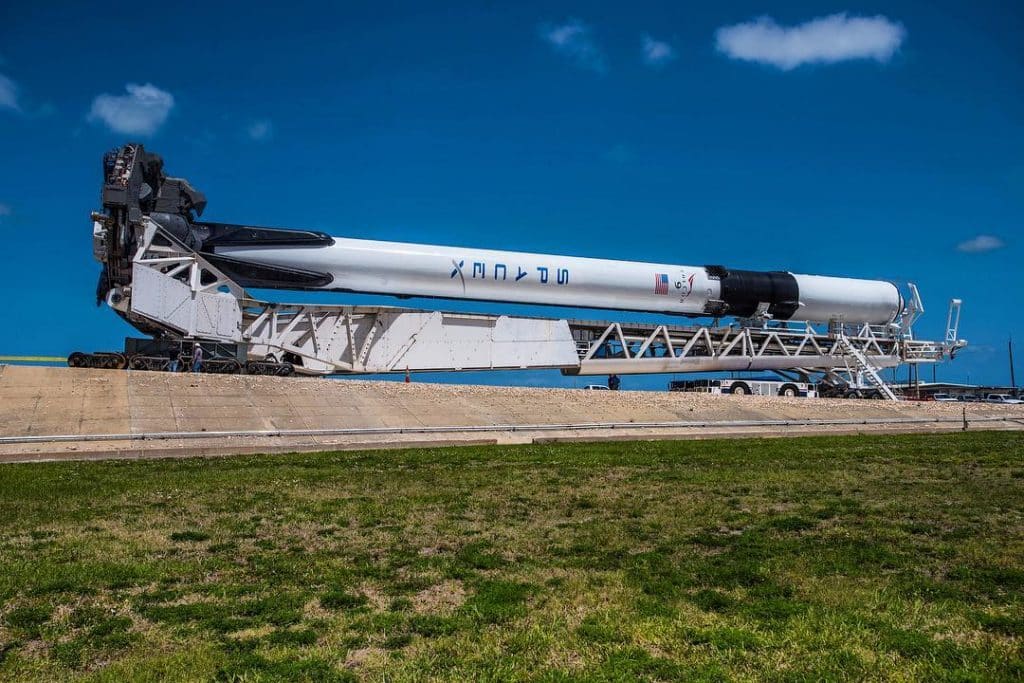
Musk’s August 19th remarks clearly indicate in the simplest possible terms that the update to Block 5 has more than reached the goals set for back in 2018.
A big compliment to the design is the fact alone that the typical Falcon 9 Block 5 booster (including only one expendable mission) has launched more than three times. At the same time, SpaceX just a few days ago flew the same booster for the sixth time and completed the fifth flight of three different Falcon 9 boosters between March and August 2020.
Today, with all that experience in hand and a Falcon 9 Block 5 booster already 60 percent of the way to the 10-flight reuse milestone, Musk says that “100+ flights are possible” and that “there isn’t an obvious limit.” Although “some parts will need to be replaced or upgraded” to achieve dozens or hundreds of booster reusals, Musk says SpaceX “almost never need[s] to replace a whole [Merlin 1D] engine.”
Given that the nine M1D engines of a Falcon 9 booster are probably the toughest part of any rocket to reuse quickly and safely, it is extremely easy to believe that individual boosters will launch thousands – if not hundreds – of times with only a small amount of routine maintenance and repairs. In that sense, SpaceX has effectively accomplished Musk’s long-lived dream of building a rocket which is (more or less, at least) approaching aircraft reusability.
Of course, even 100-flight Falcon boosters will still be at least one or two orders of magnitude apart from most current aircraft, but this would still be a significant improvement over every other traditional launch vehicle (including the Space Shuttle in particular).
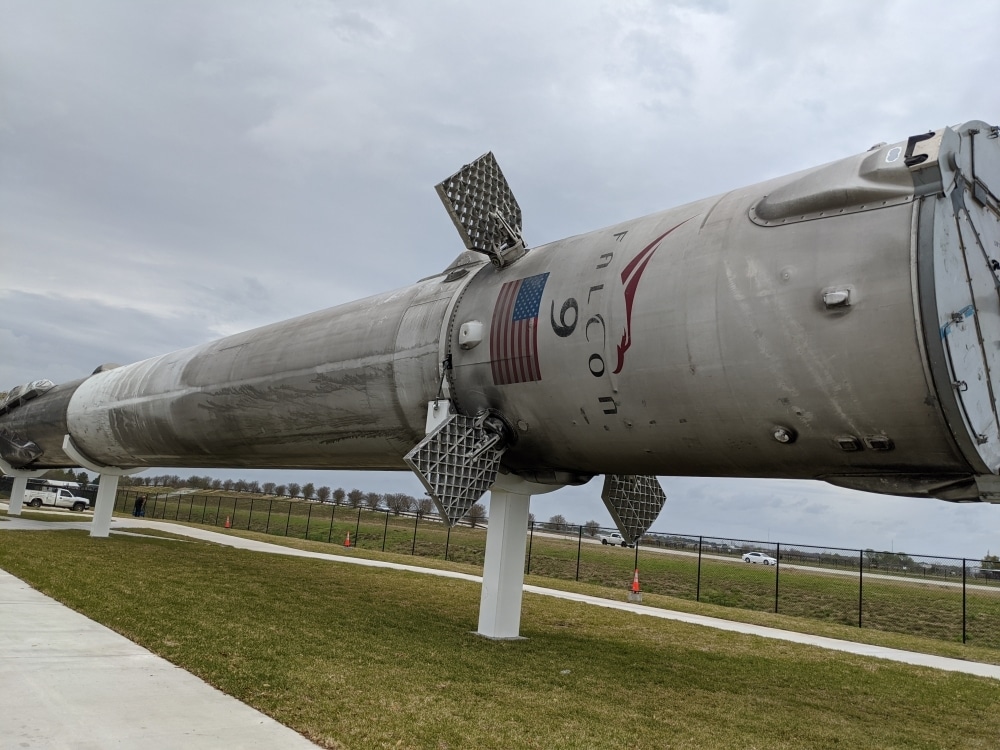
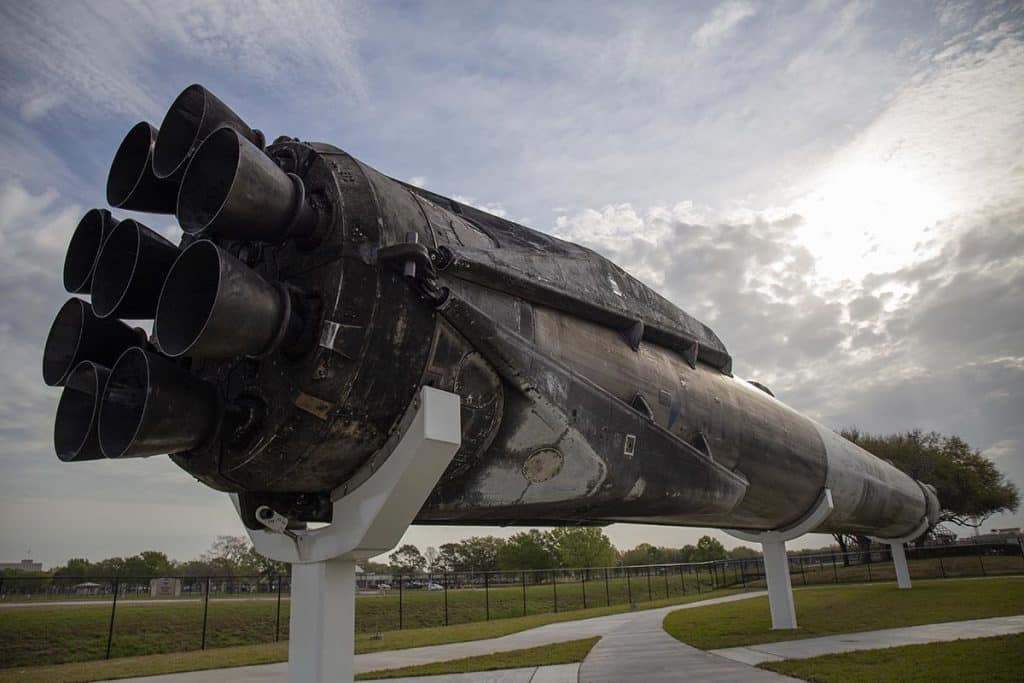
Musk says that SpaceX is still actively pushing to fly a Falcon 9 booster ten times and Starlink missions – enabling the company to mitigate risk on its own launches – will leave plenty of opportunity. If SpaceX can fly Falcon 9 booster B1049 every 60 days on average, the company could hit that ten-flight milestone as early as Q2 2021.
The SpaceX CEO also replied to a classic head-in-the-sand argument by conventional aerospace companies such as the United Launch Alliance (ULA), refuting the theoretical assertion that booster reuse “doesn’t make sense” before reuse of ten flights is achieved. Instead, Musk says SpaceX only has to fly every booster three times to make sure booster reuse is cheaper than just building new rockets.
In short, given the ad hoc rationalizations rivals tend to use to justify years of skepticism and laurel-resting, SpaceX is constantly reusing rockets, saving major resources by doing so, and has only barely scratched the surface of what is actually feasible.
Reported by Teslarati.
Want to buy a Tesla Model 3, Model Y, Model S, or Model X? Feel free to use my referral code to get some free Supercharging miles with your purchase: http://ts.la/guanyu3423
You can also get a $100 discount on Tesla Solar with that code. No pressure.


